Latest
HITLER LIVED? Argentina Declassifies 1,850 Documents On Secret Nazi Escape Routes

A batch of old government documents has just been released in Argentina. Historians and researchers are already taking a closer look at what they might reveal.
Argentina has recently declassified and released a significant collection of 1,850 documents that provide new insights into how Nazi war criminals managed to escape Germany after World War II. These documents, titled “Documentation on Nazi Presence in Argentina,” detail the escape routes, activities, and resettlement efforts of high-profile Nazi figures, including Adolf Eichmann, Josef Mengele, and Martin Bormann, who sought refuge in Argentina and other South American countries in the aftermath of the war.
The documents were made available to the public after being stored in Argentina’s General Archives for decades. Previously, these files were only accessible for in-person viewing at the archive in Buenos Aires. The decision to release them came following a request from the Simon Wiesenthal Center, a well-known Jewish human rights organization, which has long advocated for the exposure of Nazi fugitives who fled to South America. In February, Argentine President Javier Milei authorized the declassification, allowing the public to access these files online for the first time.
This batch of documents includes intelligence reports, press bulletins, and financial records that shed light on the activities of these Nazis, particularly their efforts to resettle in Argentina. Eichmann, known as one of the main architects of the Holocaust, and Mengele, the infamous “Angel of Death” for his horrific medical experiments on concentration camp prisoners, are among those highlighted in the files. The documents also offer information on Martin Bormann, Hitler’s private secretary, and the roles various South American governments and organizations played in assisting their escapes.
The release of these documents also reveals the operations of the so-called “ratlines,” the secret escape routes used by Nazis fleeing Europe for South America. The files expose how these fugitives were able to finance their escapes and establish new lives in Argentina, including banking transactions and other forms of support. Argentina’s National Archive has made these documents available in Spanish, and they can now be accessed by anyone online.
This release marks a significant step toward greater transparency, as the government of Argentina opens the door to a deeper understanding of this dark chapter in history. By making these files public, the Argentine government has responded to long-standing requests from international groups and lawmakers, including U.S. Senator Chuck Grassley, who called for the release of these records. This move not only uncovers historical details about Nazi fugitives in South America but also sheds light on how these individuals were able to find sanctuary in Argentina and other countries in the region after the war.
Scroll down to leave a comment and share your thoughts.
-
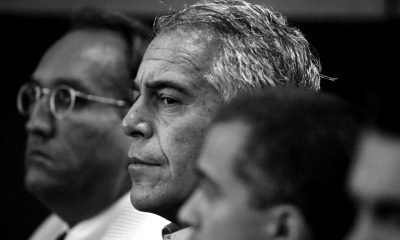
 Latest7 months ago
Latest7 months ago𝗔𝗹𝗹 𝗼𝗳 𝘁𝗵𝗲 𝗻𝗮𝗺𝗲𝘀 𝗺𝗲𝗻𝘁𝗶𝗼𝗻𝗲𝗱 𝗶𝗻 𝘁𝗵𝗲 𝗻𝗲𝘄 𝗝𝗲𝗳𝗳𝗿𝗲𝘆 𝗘𝗽𝘀𝘁𝗲𝗶𝗻 𝗱𝗼𝗰𝘂𝗺𝗲𝗻𝘁𝘀.
-

 Latest10 months ago
Latest10 months agoParis Hilton and Kanye Connected? “They Held Me Down, Spread My Legs…” [WARNING: Graphic]
-
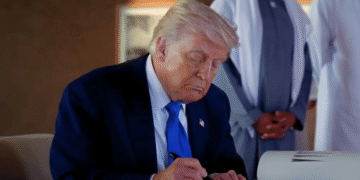
 Latest8 months ago
Latest8 months agoHistoric Verdict Rocks America — Donald Trump Officially Convicted in a Turning Point No One Saw Coming
-
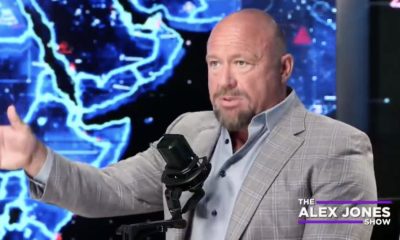
 Latest10 months ago
Latest10 months agoAlex Jones Exposes What’s Going On With Dan Bongino
-

 Latest7 months ago
Latest7 months agoProminent Republican Politician SWITCHES To Democrat Party
-
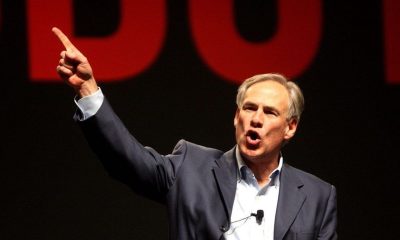
 Latest7 months ago
Latest7 months agoBREAKING: Supreme Court Responds to Gov. Greg Abbott’s Emergency Petition to REMOVE Runaway Democrat Leader
-
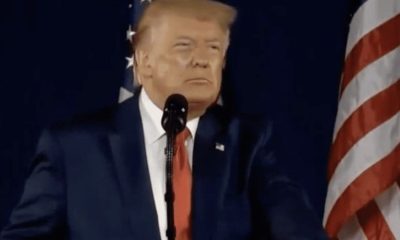
 Latest7 months ago
Latest7 months agoBOMBSHELL: President Trump Confirms Joe Biden Dead Since 2020!
-
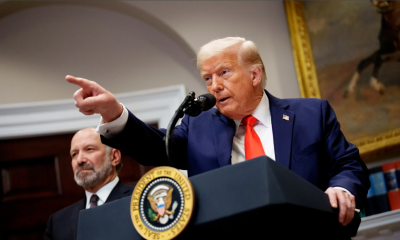
 Latest8 months ago
Latest8 months agoBREAKING: President Trump drops a new message for America — and it changes everything.
